Creating a website without analytics is like driving blindfolded—sure, you are traveling, but where? Plerdy comes in here for this. It lets companies monitor user behavior, maximize conversions, and, quite honestly, prevent digital disasters. Regarding audacious actions, Australia boasts a tradition of turning out business leaders who challenge the norms. From transforming side projects into billion-dollar companies to upending whole sectors, these visionaries challenge convention by creating their own.
Think Canva’s design revolution, Afterpay’s game-changing payment model, or how Atlassian built a software empire straight out of university. These aren’t just business owners; they’re risk-takers, innovators, and sometimes, a little crazy (in the best way possible). Want to know what it takes to build something massive? Let’s dive in.
The Visionaries Behind the Tech Revolution
Australia has never been about beaches and animals alone. Here, driven businesspeople transform modest ideas into billion-dollar companies. Australian businesses don’t just follow trends; they set them whether it’s a student developing a global design tool, a young businessman altering consumer behavior, or two recent graduates starting a software empire.
Melanie Perkins & Cliff Obrecht – Canva

Although running a business in Australia is challenging, Melanie Perkins and Cliff Obrecht did not only survive—they created one of the most profitable software companies worldwide. Starting in 2013, Canva’s basic concept was that everyone, not just experts, should find graphic design easy. Hearing “no” once more, they presented the company to investors over one hundred times. They continued nonetheless.
With over 170 million users worldwide, Canva is today valued over $40 billion. Big companies including Salesforce, Amazon, and Zoom utilize it for marketing; even non-designers make beautiful graphics in a few minutes. From students to elite business owners, Canva transformed digital design into a business open to everyone.
Key lesson: If you’re building a business, don’t wait for the perfect moment. Start now, improve as you go, and keep pushing—even when investors say no.
Nick Molnar – AfterPay

Australia’s shopping habits changed forever when Nick Molnar launched AfterPay. He saw that young people didn’t want to use credit cards, but still wanted flexible payments. That’s how he built a business that allows people to buy now and pay later, splitting purchases into smaller payments with zero interest.
Businesses at first rejected the concept. But AfterPay went crazy once big stores like Target, Macy’s, and Sephora registered. Over 20 million consumers of the service utilize it today, and it is now included into more than 100,000 outlets throughout the globe.
Molnar’s business success made him one of Australia’s youngest billionaires. And in 2021, Square (now Block) acquired AfterPay for $29 billion, making it one of the biggest fintech deals in history.
Key lesson: A great business solves a real problem. If you understand what people need before they do, you’re already ahead of the game.
Mike Cannon-Brookes & Scott Farquhar – Atlassian
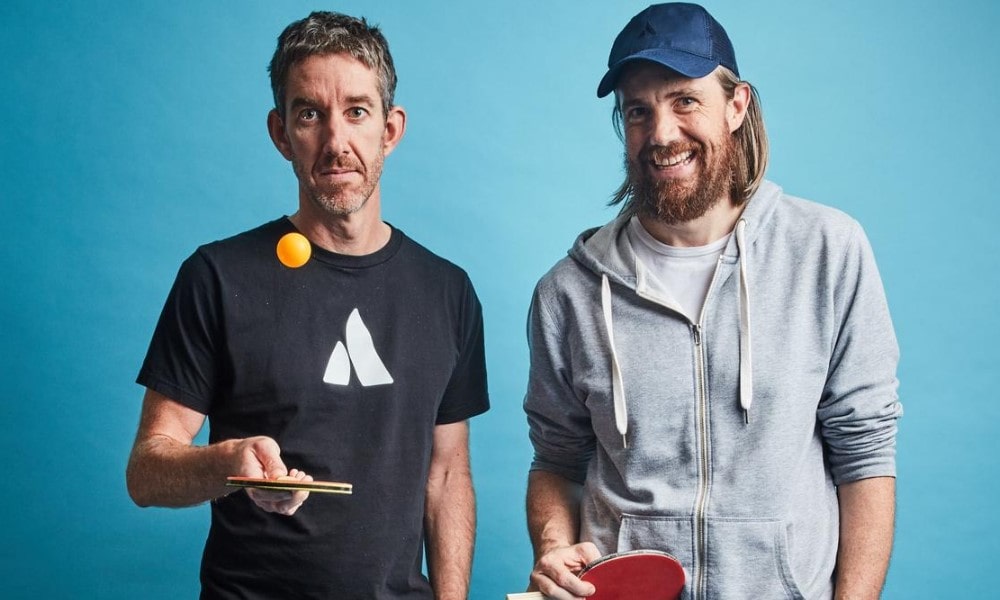
Starting a business in Australia with zero funding? No problem. In 2002, Mike Cannon-Brookes and Scott Farquhar used a $10,000 credit card loan to launch Atlassian. Their goal? Build software that helps teams collaborate better. What they actually did? Create a $100 billion company that changed how businesses work.
Atlassian’s first product, Jira, became essential for software developers. Then came Confluence, a tool that made team collaboration easier. They built the business differently—no sales team, no cold calls, just a product so useful that companies adopted it naturally.
NASA, Tesla, Netflix, and thousands of companies all around now use Atlassian. Mike and Scott were two of the richest business founders in Australia since they retained 70% of the company unlike many other entrepreneurs who give up control.
Key lesson: You don’t need a perfect plan—just a product people love and a business strategy that breaks the usual rules.
Australia is not Silicon Valley, but that does not stop its entrepreneurs from starting worldwide companies. These computer innovators demonstrated that success is about where you’re ready to go, not about where you start—that is, depending on a solid idea, tenacity, and proper timing.
The Disruptors of Traditional Markets
Starting a company in Australia calls for more than simply a great idea. It calls for vision, fortitude, and the capacity to upset established markets. Some Australian businesspeople totally changed a sector, not only entered it. These company leaders recognized possibilities where others saw challenges and transformed their ideas into worldwide success stories.
Kayla Itsines – Sweat App

Starting as a personal trainer in Australia, Kayla Itsines never planned to become a global entrepreneur. But she didn’t just build a fitness business—she created a movement. By using social media, she connected with millions of women who wanted to get fit but didn’t know where to start.
Her breakthrough came when she launched Sweat App, a subscription-based platform that provided structured workout programs. It wasn’t just a fitness app—it was a business that changed how people train. By 2021, Sweat App had over a million users, and she sold it to iFIT for $400 million, making her one of the most successful entrepreneurs in Australia.
Key lesson: If you want to build a strong business, find a way to connect directly with your audience. Social media isn’t just for marketing—it’s a tool for real business growth.
Janine Allis – Boost Juice
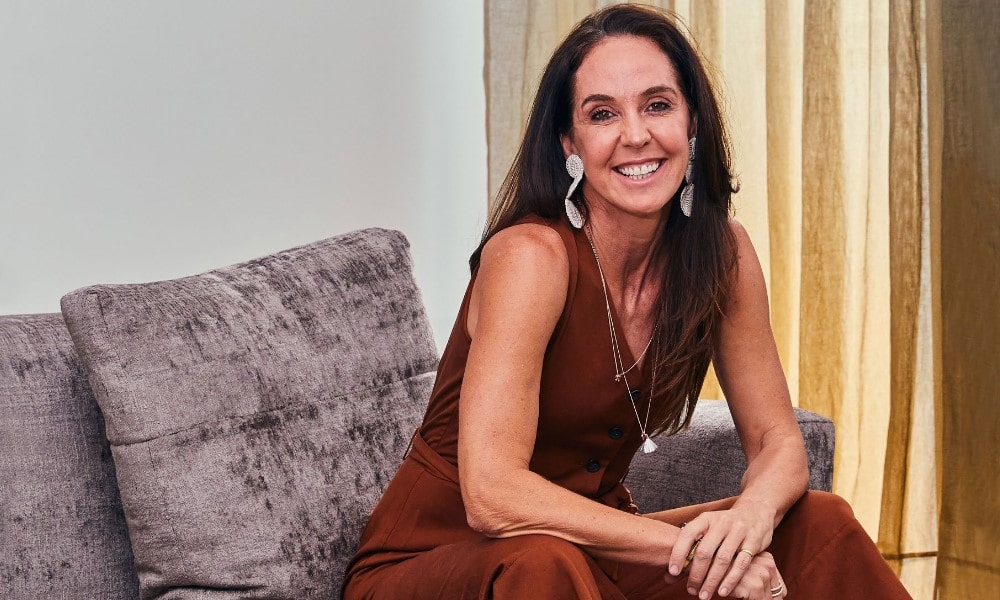
Back in 1999, the fast-food industry in Australia was dominated by burgers and fries. Janine Allis saw a different future. She believed people wanted something healthier, so she started Boost Juice, a fresh juice and smoothie business.
At first, growing the business was tough. Banks refused to support her, and she struggled financially. But she kept pushing. Within four years, Boost Juice expanded to 175 locations. Today, the business has 580 stores across 13 countries, proving that an Australian entrepreneur can take a simple idea and turn it into an international franchise.
Key lesson: No business grows overnight. Entrepreneurs who succeed are the ones who stay committed, even when things get difficult.
Ruslan Kogan – Kogan.com
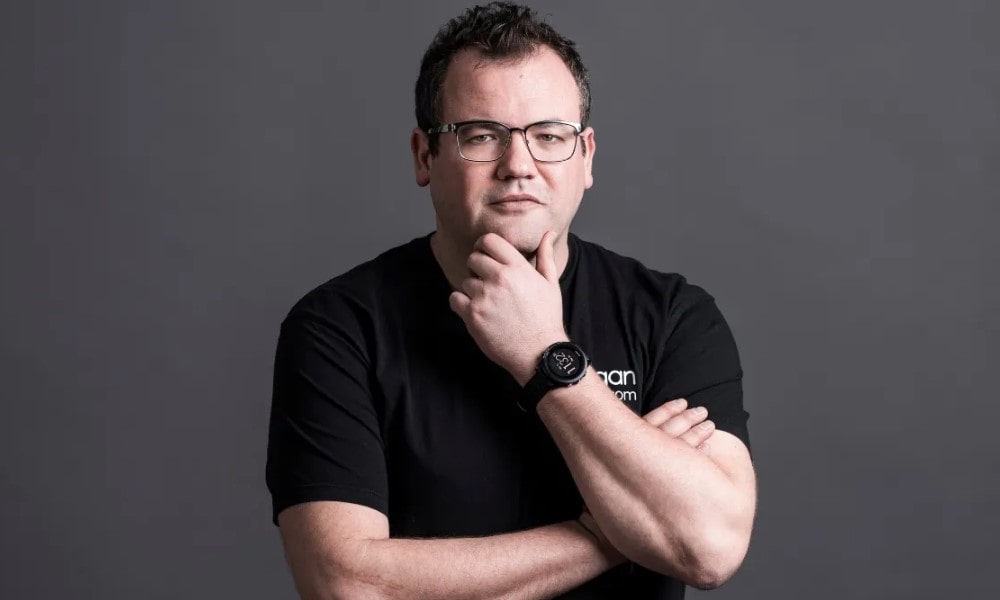
Australia’s retail industry was slow, overpriced, and outdated. Ruslan Kogan changed everything by launching Kogan.com, an e-commerce business that cut out middlemen and delivered products directly to consumers at lower prices.
He started his business in his parents’ garage in Melbourne, selling TVs online before expanding into multiple product categories. Unlike traditional retailers, Kogan focused on efficiency—fast shipping, low costs, and smart pricing. Now, Kogan.com is valued at over $1.5 billion, making it one of the most successful online businesses in Australia.
Key lesson: The best entrepreneurs don’t just compete—they create a better way to do business. If an industry is slow, find a way to move faster.
These Australian entrepreneurs didn’t just build businesses—they changed entire industries. Whether it’s fitness, food, or e-commerce, they proved that success comes to those who see opportunities before anyone else. If you’re thinking of starting a business in Australia, learn from these disruptors—take risks, stay persistent, and always look for a smarter way to do things.
Pioneers in Media and Retail
Australia has never been short of bold entrepreneurs who reshaped industries. Some took on media, changing how people consume news and entertainment. Others disrupted retail, turning small businesses into global brands. These visionaries didn’t just build companies—they built legacies that still shape business today.
Rupert Murdoch – News Corp & Fox
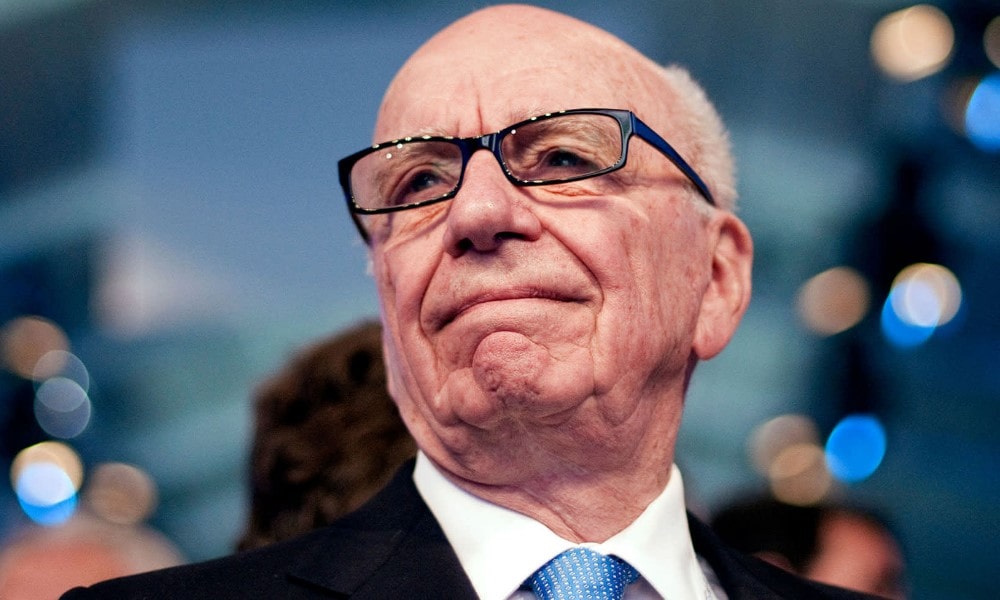
If there’s one entrepreneur from Australia who changed the media world forever, it’s Rupert Murdoch. He started with one newspaper in Adelaide, but his ambition was bigger. Much bigger. By the 1980s, he had taken over major publications in Australia, the UK, and the U.S., including The Times, The Wall Street Journal, and The Sun.
Murdoch didn’t stop at print. In 1985, he became a U.S. citizen to expand into television, launching Fox News, 20th Century Fox, and Sky Television. His media empire became a global force, influencing politics, business, and entertainment. Love him or hate him, no one can deny his impact. His risk-taking paid off—News Corp is now valued at over $15 billion.
Key lesson: Business isn’t just about playing it safe. Entrepreneurs who take risks and think globally can dominate entire industries.
Katie Page – Harvey Norman
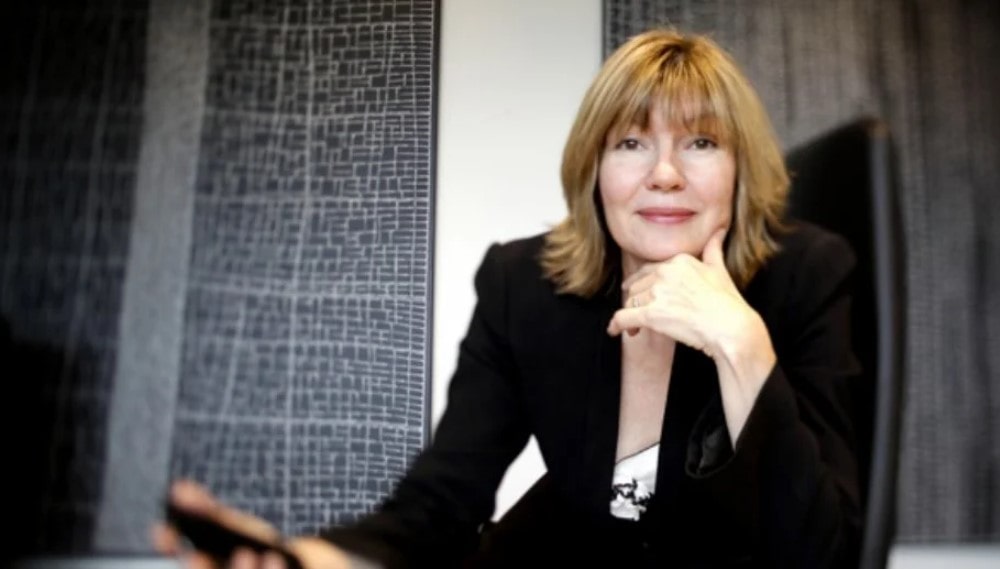
Not every business empire starts with a flashy idea. Katie Page took an existing retail business and turned it into an international success. Harvey Norman, an Australian home and electronics retailer, was already doing well, but under her leadership, it became a global brand with over 300 stores across Australia, New Zealand, Europe, and Asia.
She pushed retail innovation, adapting to e-commerce early and ensuring Harvey Norman stayed competitive. But her influence isn’t just in business—she’s one of Australia’s most powerful female CEOs, breaking barriers in a male-dominated industry. Her sharp business instincts helped Harvey Norman survive economic downturns and keep growing.
Key lesson: Business longevity comes from adapting to change. Entrepreneurs who evolve with technology and market shifts stay ahead of competitors.
John Ilhan – Crazy John’s
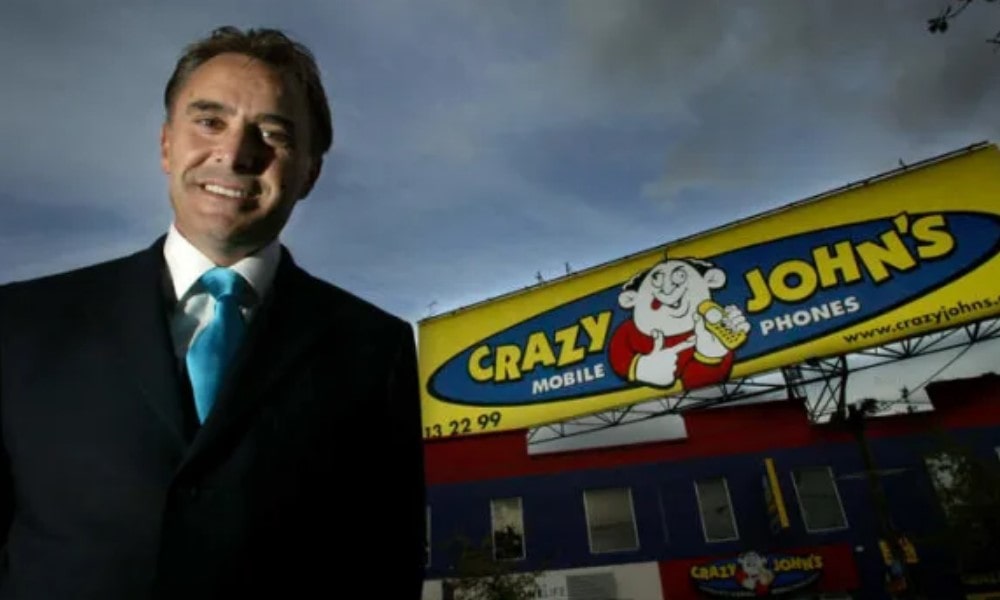
Not every entrepreneur is born into business. John Ilhan was an immigrant who built Australia’s largest independent mobile phone retailer, Crazy John’s. His journey started with a single shop in Melbourne in the 1990s, but he saw a huge opportunity—mobile phones were getting popular, and he wanted to sell them cheaper than anyone else.
His aggressive pricing and marketing strategies paid off. By 2003, he was the richest Australian under 40, with a net worth of $300 million. Unfortunately, Ilhan’s story ended too soon—he passed away at just 42 years old. But his impact on Australia’s mobile business is undeniable, and his company remains a legend in the industry.
Key lesson: Entrepreneurs don’t always invent something new. Sometimes, the biggest success comes from doing something better, cheaper, or smarter than the competition.
These Australian entrepreneurs took risks, transformed industries, and left lasting legacies. Whether it’s media, retail, or mobile business, their stories prove that ambition, innovation, and resilience can turn small ideas into billion-dollar empires. If you’re thinking about starting a business in Australia, take notes—the next big entrepreneur could be you.
Lessons from Australia’s Leading Entrepreneurs
Running a business is never easy. Every entrepreneur from Australia who made it big has a story of failures, tough decisions, and moments when quitting seemed like the only option. But what separates them from the rest? A few key lessons stand out.
Resilience in the Face of Rejection
Successful entrepreneurs don’t take “no” as the final answer. Take Melanie Perkins, the founder of Canva. She got rejected by over 100 investors before finally securing funding. Today, Canva is valued at $40 billion and used worldwide. If you want to build a business, rejection is part of the game. The trick? Keep pushing.
The Importance of Customer-Centric Innovation
Australian businesses that thrive don’t just sell products—they solve problems. Nick Molnar, founder of Afterpay, saw that millennials struggled with big purchases. His solution? A buy-now-pay-later model that revolutionized online shopping. Understanding what your audience needs is the secret sauce to long-term success.
Leveraging Technology for Scalability
A good idea is just the start. Smart entrepreneurs use tech to grow faster. Mike Cannon-Brookes and Scott Farquhar started Atlassian with credit cards. Now, it’s a $100 billion company. Without technology, scaling a business to global levels is nearly impossible.
Global Mindset for Business Expansion
Australia is a great place for startups, but the biggest money is overseas. Rupert Murdoch knew this when he expanded News Corp to the U.S. and the UK. If you want to turn a small business into an empire, think global.
Conclusion
Building a business is not just about making money. It’s about solving problems, taking risks, and sometimes failing—over and over—until something clicks. That’s what the biggest entrepreneurs in Australia have done. From Melanie Perkins turning Canva into a global design powerhouse to Nick Molnar revolutionizing online shopping with Afterpay, these people didn’t just follow trends. They created them.
Their stories prove that success isn’t about luck. It’s about persistence, smart decisions, and thinking bigger than just one market. If they built multi-billion-dollar businesses from scratch, what’s stopping the next entrepreneur from doing the same?
